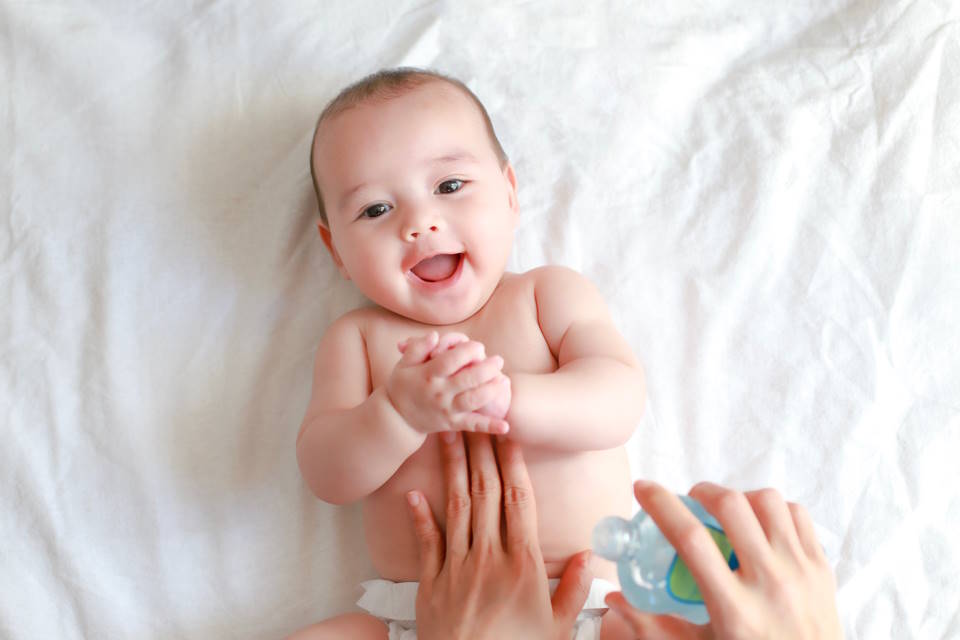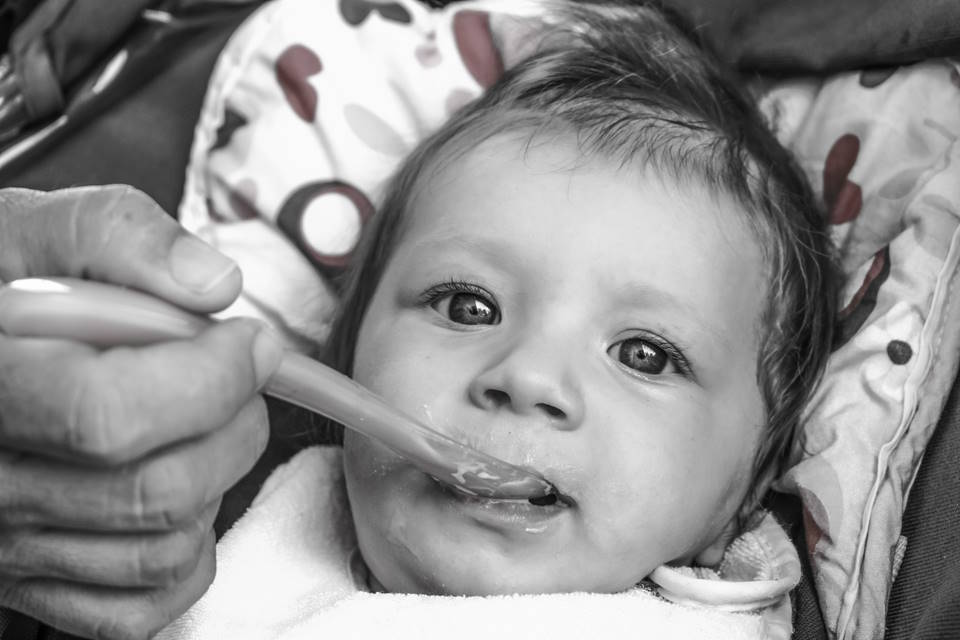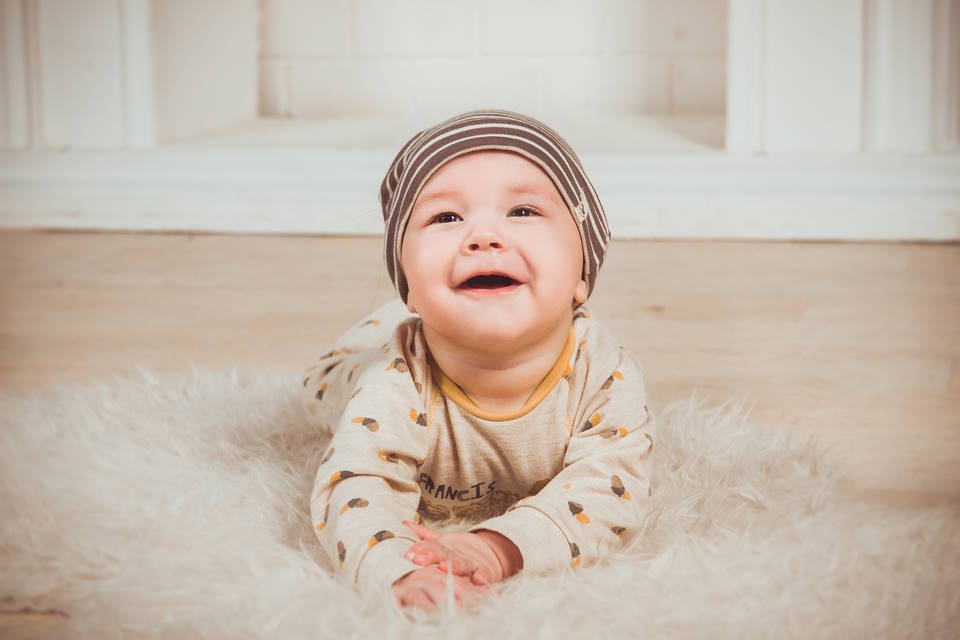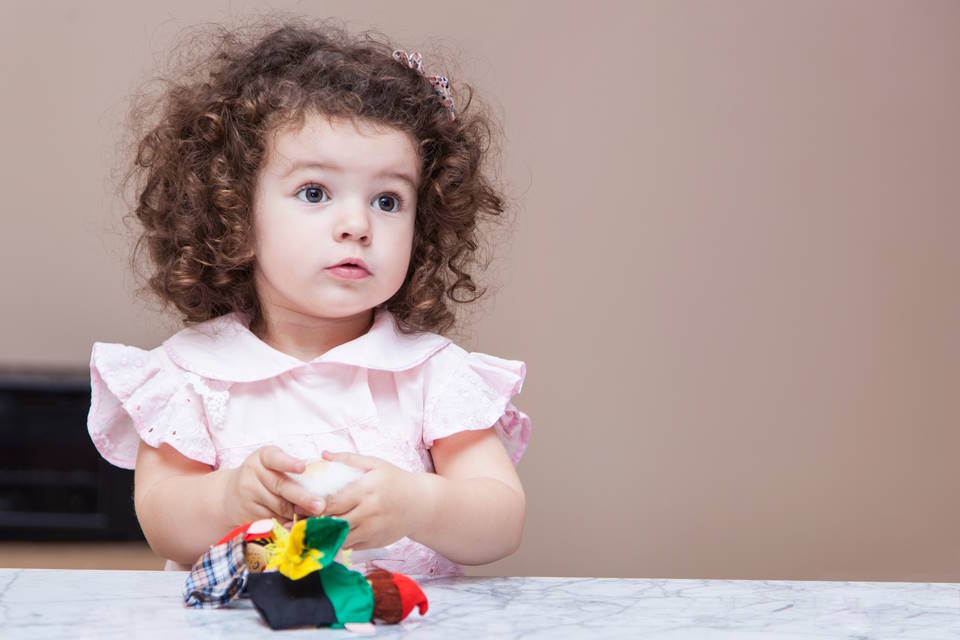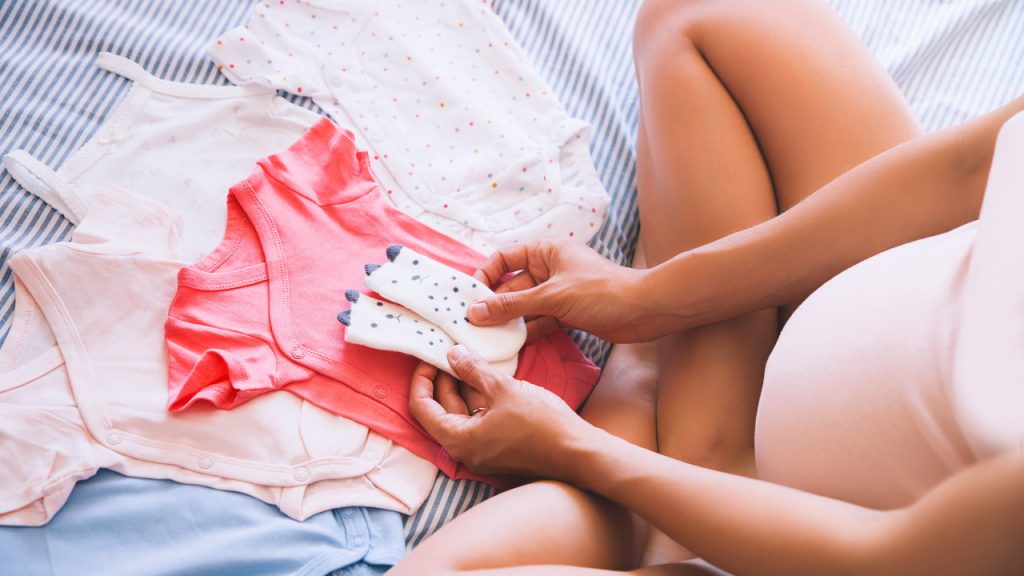As a first-time parent, you might have noticed that your baby stares at you for long periods, and you are not quite sure what it means. You are not alone; many new parents often wonder why their little ones have this habit of staring. Relax; it’s alright. Babies tend to stare because they lack focus and are attracted to particular stimuli. In most cases, it’s a sign of healthy development, curiosity, and awareness of their surroundings. However, it can also be a sign of early indicators of developmental disorders. We will explore the different reasons why babies stare and what it means. We will also touch on the question of whether babies stare at attractive faces and why they look away when you smile at them. Keep reading to find out more.
Introduction
Babies are fascinating creatures, and they often express their own unique behaviors. One of these is staring, and as parents, it can be both cute and confusing to see them fixated on us. The question often comes up, “What does it mean when a baby stares at you?”
Firstly, it’s essential to understand that babies are taking in new information every day. They see things that are new to them, and their brains are trying to process it all. Therefore, it is perfectly normal for babies to stare as they are trying to make sense of their surroundings. They might stare at you when you’re speaking to them, and this is because they are zoning in on your voice and observing your facial expressions.
- Another reason babies stare is that they are trying to communicate with you. Babies often experience difficulties expressing themselves, and they might stare in an attempt to express their needs, such as wanting a diaper change or food.
- On the other hand, they might stare to get your attention, trying to let you know that they need something. Staring can be an indicator of communication, and parents should pay attention to their baby’s stare.
It is also essential to know that babies stare to learn. They study their surroundings, taking in the colors, shapes, and textures. Their stare is a way to help them gain visual information and form connections in their minds. In summary, when a baby stares at you, it doesn’t mean that they are judging or analyzing you. Instead, they are trying to make sense of the world around them.
Is It Normal for Babies to Stare?
Babies can be quite intriguing little creatures with their adorable chubby cheeks, tiny toes, and their curious gaze. One thing that might catch your attention as a parent is when your baby seems to stare at you or other people for longer periods than you would expect. This might leave you wondering, “Is it normal for babies to stare?” Well, the answer is yes!
Staring is a natural behavior for infants, and it is their way of connecting with their world. In fact, it is one of the primary ways that babies learn and explore their environments. To a baby, everything is new and fascinating, and a prolonged gaze helps them take in as much information as possible.
- Research shows that babies are attracted to faces, especially those of their caregivers.
- They are drawn to eye contact and will often gaze intently at a person’s eyes, taking in every detail.
- This is because babies use facial expressions as a way of understanding social interactions and developing communication skills.
In addition to connecting with their caregivers, staring is also a way for babies to regulate their own emotions and feelings. It is their way of calming and soothing themselves when they feel anxious or overwhelmed.
So, the next time your baby gives you a long, steady gaze, remember that it is a completely normal behavior. It is a sign that your baby is interested in you and the world around them, and it is also a crucial part of their development. So, embrace those staring contests with your little one and enjoy watching them grow and learn!
Why Do Babies Keep Looking Up?
Have you ever noticed that babies seem to constantly be looking up? Whether they are in their car seat, stroller, or lying on the floor, their gaze is often fixed on the ceiling. You may wonder why they do this and if it is cause for concern.
One reason babies keep looking up is because of their developing neck muscles. As they strengthen their neck muscles through tummy time and other exercises, they naturally look up to see their surroundings. Additionally, babies are naturally attracted to patterns and contrasting colors, both of which can often be found on ceilings. This can hold their attention for extended periods of time.
- Another reason babies may look up is to seek visual stimulation. They are constantly learning and processing new information, and looking up can provide a different perspective and new visual input.
- In some cases, looking up can also indicate a sign of discomfort or a physical issue such as acid reflux or an ear infection. If you notice your baby seems uncomfortable and their gaze is constantly fixed upwards, it is important to speak with their healthcare provider.
So, while it is generally normal for babies to keep looking up, it is important to pay attention to their behavior and consult with their healthcare provider if you have any concerns. Keep encouraging their development through exercises and stimulation, and enjoy watching them explore their world with their growing sense of curiosity!
When Should My Baby Stare at Me?
As a new parent, many things about your baby’s development may seem mysterious. One thing you may be wondering is when your baby should start making eye contact with you and staring at your face. Eye contact is an important social skill, and many parents eagerly await the first time their baby looks them in the eyes.
According to experts, most babies will begin to make eye contact between six and eight weeks of age. However, some babies may start earlier, while others may take a bit longer. It’s important to remember that every baby develops at their own pace, and there is no need to worry if your child is taking a bit longer to make eye contact.
- Here are a few things to keep in mind about when your baby should start making eye contact:
- Between four and six weeks, your baby may start to focus on your face more often.
- Between six and eight weeks, your baby may start to make direct eye contact with you.
- By three months, your baby will likely be able to sustain eye contact with you for longer periods of time.
- Eye contact is an important way for babies to learn about the world around them and to strengthen bonds with caregivers.
It’s important to note that babies with certain conditions, such as autism spectrum disorder, may have difficulty with eye contact. If you are concerned about your baby’s eye contact or development in general, talk to your pediatrician. They can help you assess your baby’s progress and determine if any further evaluation or intervention is necessary.
| Things to Remember | What to Do |
|---|---|
| Most babies will make eye contact between six and eight weeks of age | Interact with your baby and encourage eye contact by talking, singing, or playing with them |
| Every baby develops at their own pace | Be patient and trust the process |
| Babies with certain conditions may have difficulty with eye contact | Talk to your pediatrician if you have concerns about your baby’s development |
Why Do Babies Look Away When You Smile at Them?
Are you a new parent trying to interact with your precious little one? Have you noticed that when you smile at your baby, they look away? As strange as this may seem, it is quite common for babies to do this, and it is completely normal.
At around 6 to 8 weeks old, babies begin to develop their social skills. This is when they start to look for and learn from faces. However, smiling and eye contact can be very intense experiences for babies, especially when they are not expecting it. So, when you smile at your baby, they may look away because they are processing the new information and trying to adjust to the sudden social interaction.
- Instead of forcing your baby to look at you, try talking to them in a soothing tone of voice and giving them space to learn at their own pace.
- You can also try different techniques, such as playing peek-a-boo or making funny noises, to grab their attention and slowly increase the duration of eye contact
Bear in mind that every baby develops at their own pace and has their own unique personality. Some babies may be more sensitive to social interaction while others may crave it. As long as your baby is responding and engaging with you in their own way, there is nothing to worry about. Just remember to enjoy these precious moments with your little one because they will not last forever!
Do Babies Stare at Attractive Faces?
Do babies stare at attractive faces? This is a question that intrigues many parents, especially those who have observed their babies gaze longer at certain people than others. According to research, infants as young as a few months old have a preference for attractive faces.
Studies show that babies tend to stare longer at attractive faces than at unattractive ones. This preference is likely due to the fact that attractive faces are perceived as more familiar and easier to process than unattractive ones. Babies are drawn to patterns and symmetry, and attractive faces tend to have these qualities. In fact, some research suggests that babies may even have an innate ability to recognize beauty.
- Interestingly, this preference for attractive faces seems to be universal across cultures.
- Studies conducted in different countries and among different ethnic groups have found that babies consistently stare longer at attractive faces.
So, what does this mean for parents? It’s important to note that while babies may prefer attractive faces, this doesn’t mean that they will only respond to attractive people. Babies are also drawn to familiar faces, including those of their parents and caregivers. Additionally, while attractiveness may catch a baby’s attention, it’s not the only factor that influences an infant’s response to others.
| Factors that can influence a baby’s response to others: |
|---|
| Smiling and positive facial expressions |
| Familiarity |
| Body language and tone of voice |
So, while babies may have a preference for attractive faces, parents should focus on building strong connections with their babies through positive interactions and nurturing care. Bonding with a baby through eye contact, touch, and talking can strengthen the parent-child relationship and support the baby’s healthy social and emotional development.



